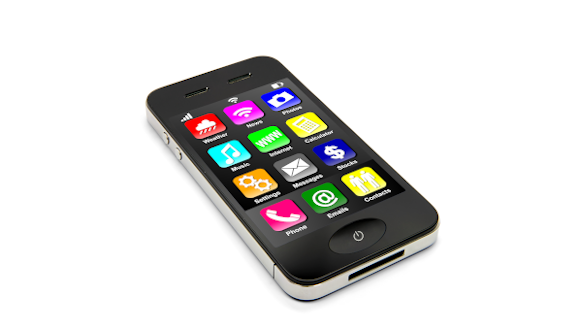Excessive use of smartphones and social media likely to lead to teeth-grinding and facial muscle pain

TAU study reveals that physical symptoms of stress and anxiety can result from cell phone use
Support this researchA new study from the Maurice and Gabriela Goldschleger School of Dental Medicine at Tel Aviv University (TAU) has found that the excessive use of smartphones and social media can lead to problems sleeping; drowsiness and fatigue during the day; teeth-grinding; and pain in the mouth muscles and jaws.
The researchers compared about 600 participants, categorized into two different groups: a group of secular people who were regular smartphone users, and a group of ultra-Orthodox people, most of whom use a “kosher” phone without an Internet connection. Study respondents were asked to address a number of aspects that typify overuse of their phones, including feelings of stress and tension throughout the day, a tendency to wake up at night, a need to be near the cell phone, teeth-grinding, and jaw pain.
The findings of the study are clear. Fifty-four percent of secular smartphone users reported a moderate to high incidence of night wakings, compared with only 20% among the ultra-Orthodox. In addition, 50% of the secular respondents felt a moderate to high level of stress due to the cell phone, compared to only 22% among the ultra-Orthodox.
“In this day and age, people live with a fear of missing out, so they want to stay constantly updated and know ‘what’s new’ every moment,“ said Dr. Pessia Friedman-Rubin and Professor Ilana Eli, two leaders of the study. “This need naturally creates a growing dependence on cell phones, which leads to feelings of stress and anxiety.”
The gaps were even more marked when examining damage to the chewing muscles and jaw joints. Forty-five percent of the secular group reported teeth-grinding (24% during the day and 21% at night), and 29% of the same group claimed that they suffered pain in their jaw muscles. Only about 14% of the ultra-Orthodox who described these symptoms (13.5% reported teeth-grinding and 14% pain in the jaw muscles). Among the factors that contribute to the development of muscle pain and the wearing down of the teeth are the use of cell phones during the nighttime hours and the stress caused by mobile devices.
Dr. Friedman-Rubin explains that despite the differences between the population groups, the study was able to isolate the effect of smartphones and point to them as a source of anxiety.
“While the smartphone revolution has many advantages in terms of the accessibility and availability of information, the desire to be updated on every new post that appears on social media or every new article published on this or that site, and the need to be constantly available, creates feelings of stress and anxiety,” Dr. Friedman-Rubin says.
“The current study has demonstrated a link between the excessive use of smartphones that enable surfing on social apps and a significant increase in night wakings which lead to fatigue during the day, facial and jaw pain, tightness in the jaw during the day and teeth-grinding at night — physical symptoms that are often the result of stress and anxiety and which may even lead to physical injuries such as dental erosion and joint damage.”
The study was conducted as part of dissertation research by Dr. Yitzhak Hochhauser. Dr. Alona Amudi-Perlman and Professor Ephraim Winocur were co-leaders of the study, which will soon be published in the journal Quintessence International.
Tel Aviv University (TAU) is a globally top-ranked university, a leading research institution, and a center of discovery. As Israel’s largest public institution of higher learning, TAU is home to 30,000 students, including 2,100 international students from over 100 countries. The University encompasses nine faculties, 35 schools, 400 labs, and has 17 affiliated hospitals in its network.
American Friends of Tel Aviv University (AFTAU) raises awareness and funds to support Tel Aviv University and advance its three-part mission of education, research, and community building in the U.S. AFTAU shares the innovative work the University contributes to the world and builds bridges between the U.S. and Israel.